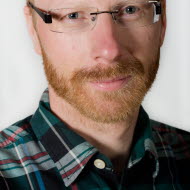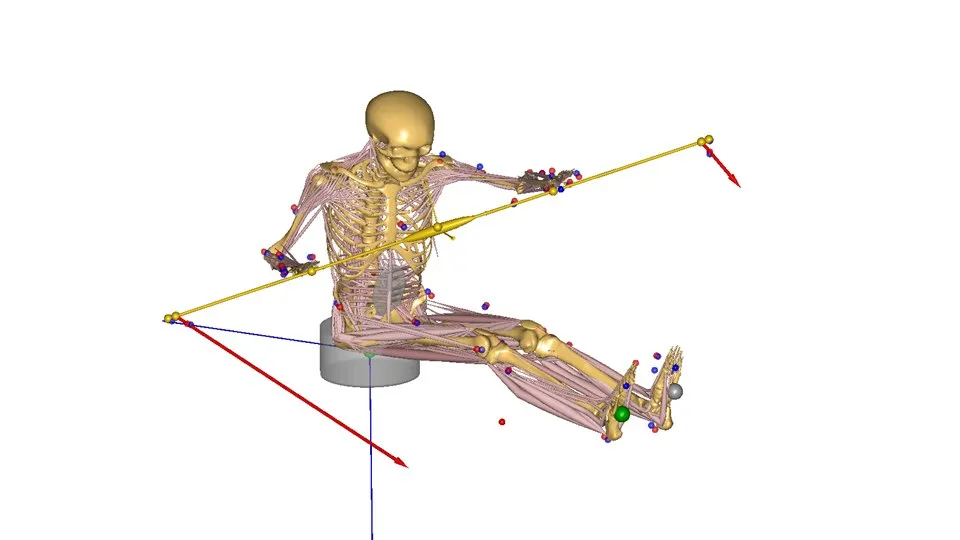Para canoe
In para sports there are differences in performance, which is compensated by classification, where the final result is adjusted depending on the person's impairment. The project aims to make the classification in para sport more fair.
In order to ensure fair competition in Paralympics, the International Paralympic Commitee (IPC) is in need to continuously improve its classification system for athletes. The classification system divides the athletes into groups based on the level of impairment and with knowledge of how it affects the performance in the specific sport. IPC has requested assistance in developing classifications systems through evidence-based research.
A research group at Mid Sweden University has demonstrated in an initial pilot study, that musculoskeletal simulations of para sports are a new possibility that can support the development of the para sport classification system. A group at the Swedish School of Sport and Health Sciences, (GIH) Stockholm, conducts research for the development of classification systems in the canoe sport with experimental methods. Through collaboration between the groups experimental methods can be combined with simulation methods with the goal of a more fair classification.
Further development of using simulation methodology increases the applicability for the classification systems of the sports movement.
This pilot study examines whether there is the possibility that biomechanical musculoskeletal simulations can contribute to classification within para canoe. In addition, networks are being established to develop future classification system in para sport. One goal is that the pilot study leads to a major research project aimed at making the classification in para sport more fair and equal.
Financier
Rolf and Gunilla Enströms Foundation for Research and Development.
Facts
Project period
160101-180101
Partners
Research centers
Research groups
Project leader

